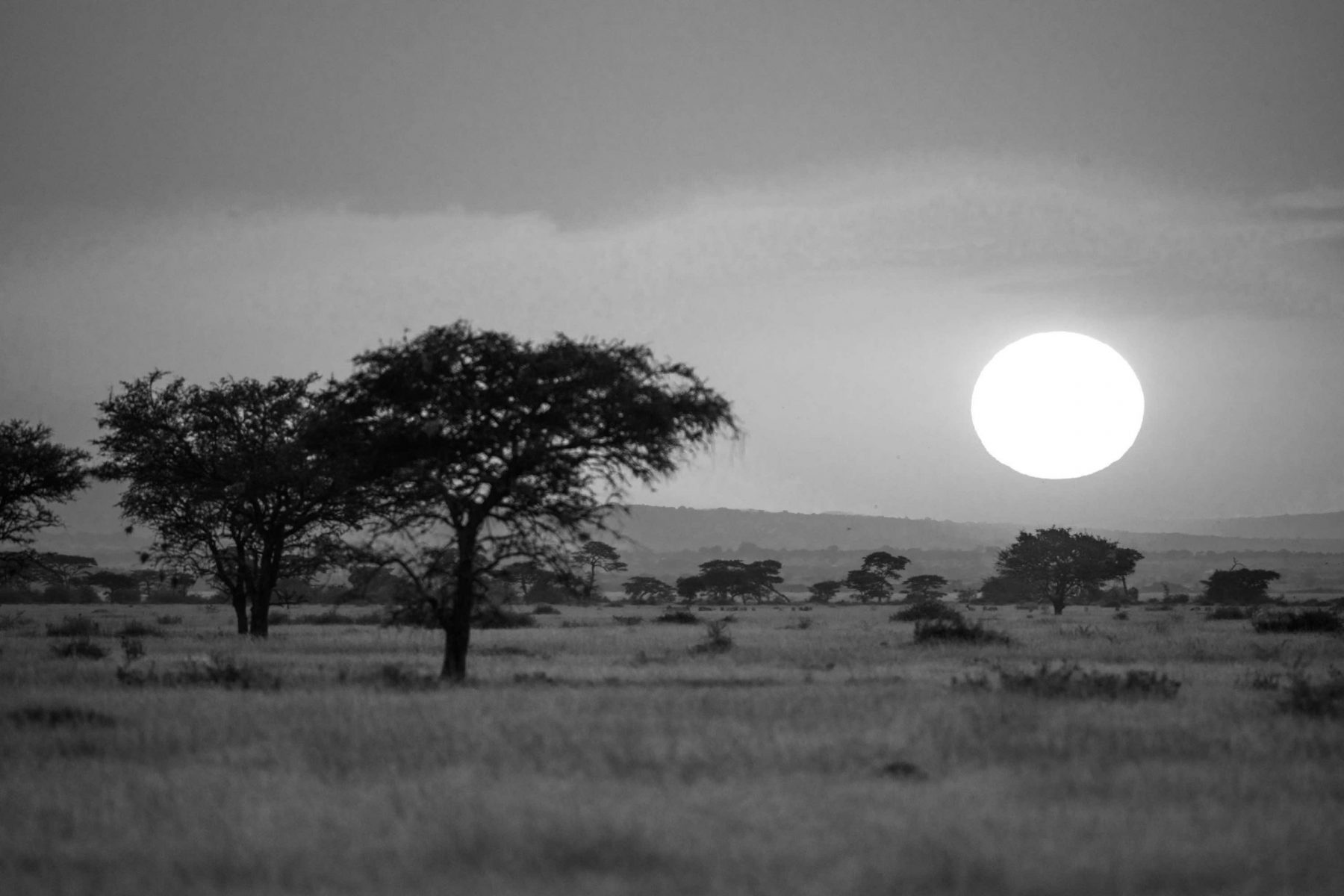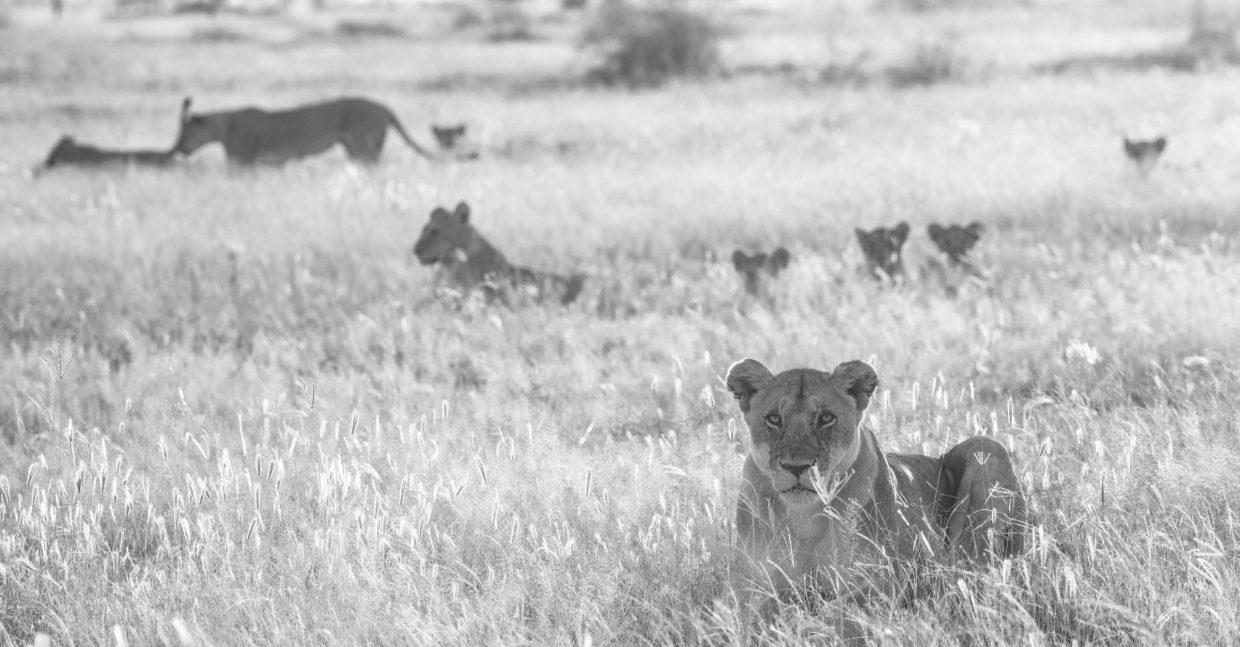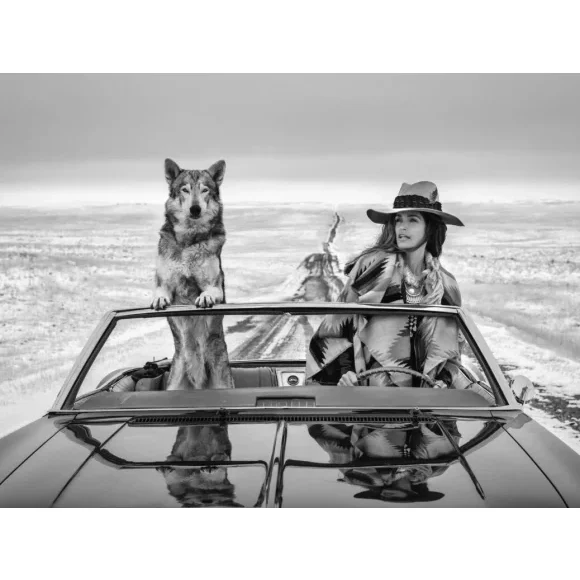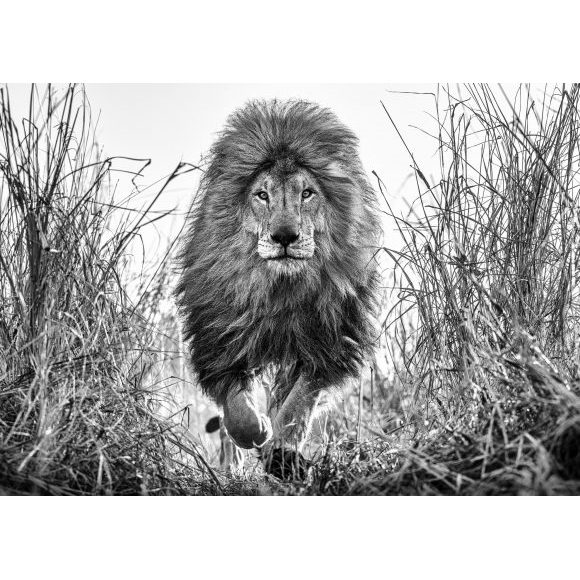Letter From Singita, Tanzania

Sadly, the mention of Tanzania does not evoke personal thoughts of the glorious and vast plains of the Serengeti or the seemingly idyllic beaches of Zanzibar. I simply think of deep-rooted corruption and the country’s poor reputation for protecting the very wildlife that many go to Tanzania to see. This is a country that has long bitten off the hand that should always help feed its economic prosperity - the spectacular wildlife within its borders.
I like capital cities - they offer a crash course in culture and cuisine and they can do it without unnecessary logistical pain for the observer. Capitals condense cultural experience and in so doing save the first time visitor the hassle of widening their visual net especially when time is limited.
There are so many beautiful, important and grand capital cities in the world that showcase their country and do so in a Tom Ford way. The continent that struggles badly in this capacity is Africa, although there are cities like Cairo in the north and Kigala in Rwanda that offer something. But Dar es Salaam in Tanzania will never be one of them. I have no preconception of hell, but whatever has been built for some of us, may well have taken some inspiration from this chaotic and charmless city of 5 million people.
The contradiction is that I am a romanticist long before I am anything else. When I am asked about my home country of Scotland, for instance, I talk of the thriving art, music and tech scene, or perhaps Glencoe, St Andrews or Turnberry on a glorious June evening. I don't talk of the rougher parts of Glasgow on a miserable November night when ferocious wind gusts lift dustbin lids and catapult them and the accompanying horizontal rain into locals returning from the boozer or the bookie. I prefer to focus on Edinburgh’s Royal Mile that we have enjoyed for centuries and not Edinburgh’s Royal Bank of Scotland that we bailed out in 2008.
When remembering London, I think of Portobello market on a crisp winter morning. I think of Richard Curtis films like “Four Weddings" and “Love Actually”, not the Mayfair on a sticky summer night at the weekend, where I fear that I maybe gatecrashing a billionaire’s party in Dubai.
To me, Mount Everest - wrongly - will always be about the metaphorical glory of its summit, not the recent chaos of reaching it or indeed the plastic waste at base camp. And Kingston, Jamaica, evokes the sound of reggae music at Sunday barbecues, not the topless and sun burnt “barmy army” singing cricket songs outside the Guinness bar.
But in Tanzania, there is too much negative detail for my mind to settle on imagery of the annual migration or giraffes scattered across the great plains of the Serengeti. This is a country that - like South Africa - has badly managed their co tennacy with the iconic animals that co habit their country and in doing so they have let us all down. When I think of Tanzania, I think of dirty exchanges of dollars under a table in a dingy office in Dar es Salaam where one side will be the State itself. This is a country where corruption is an integral part of daily life and the ringmasters have traditionally been those that were sought to prevent it. If that is a comment which gets me banned from the country - so be it!
If I was banned that in itself would not be unprecedented. Texas-born conservationist, Craig Packer, author of Lions In The Balance: Man Eaters, Manes and Men With Guns set up the Serengeti Lion Project in 1978 and has been on the front lines of the battle to save the king of the jungle. But Packer was recently banned from entering Tanzania for speaking out against the country’s oversight of trophy-hunting and alleging corruption among the government officials who are supposed to prevent illegal hunts. The African lion with that decision, lost one of its greatest champions.
In the 10 years before the current and much improved President - Mr Magufuli - took office in 2015 - the administration of his predecessor, Jakaya Kikwete, was shaken to the core by corruption. The government, the police and customs officials were integral to this. Magufuli has pledged to fight corruption and banned foreign travel for all government officials. Apparently that has already saved the government over $350m in expenses - a mind blowing number and one which makes the travel expenses of FIFA members look vaguely compliant.
There were just too many bad stories. Roger Gower had been an accountant in London before he decided to seek a more adventurous life. In 2006, he moved to Tanzania to fly a helicopter, sometimes doing mundane work like shuttling tourists and workers around the bush, but more often he was engaged in a more relevant task - spotting hunting poachers from above.

In January 2015, Gower and a spotter were flying low near Serengeti national park, tracking hunters who had killed three elephants illegally to harvest their ivory tusks. One of the poachers opened fire with an automatic rifle and Gower was shot through the floor of the chopper. Losing blood, he managed to land the chopper and his spotter survived the impact of landing. But Gower died from his wounds before medical help could arrive. He was 37.
Worse was to follow. Just a few months after Gower died in the fight against poaching, his employers - Wengert Windrose Safaris received a letter informing them they were being evicted from their concession. Wengert Windrose built camps and ran tourism operations, but also worked to protect wildlife, fight poachers, and invest in local villages - all told, they say they have invested more than $300 million since 1987. But despite their long history in the country, their relationship with the local government had been complicated. If the eviction was a surpise, even more surprising still was who was copied on the eviction letter—the new lease-holders, a company called Green Mile Safari.
Green Mile Safari is an infamous name in the country. Just over half the company is owned by Awadh Ally Abdallah, a wealthy Tanzanian, and 48% is owned by Sheikh Abdullah bin Butti Al Hamed, a member of Abu Dhabi’s ruling family and a government official. This is a family who enjoy big game hunting in Tanzania. Green Mile had poor reputation and had had been evicted from the country after a whistleblower program - WildLeaks – received videos showing the company conducting illegal and brutally cruel trophy hunting in Tanzania.
That their eviction was so short-lived caused outrage in local conservation circles. It did not require the help of Hercule Poirot to summise that the Arab dollar had spoken.
Part of the riddle for conservationists in Tanzania is that big game hunting is still legal in certain areas. Africa’s largest game reserve is the Selous that lies a quick flight south east from Dar. The 45,000 sq Km are split into 2 by the great Rufiji river and the river divides behaviour in a way that is scarsely believable in 2019. To the North of the river, photographers can take gentle stills of an elephant, but keep their distance so that the elephant’s behaviour is not disturbed. But canoe across the Rufiji to the south, pay some dollars and a hunter can legally blow an elephant’s brains out.
This is quite extraordinary. Imagine if the Chicago river determined the rule of law in the “Windy City”. North of the river, violence is treated with no tolerance by Chicago PD, but screw it, take a cab south of the river and just beat up who the hell you want - they may even give you a replica trophy of who you have killed. Leroy Brown would have been devasted to be a mainstream and law-abiding character in South Chicago. The path of the Rufiji river dictating the rule of law, shows that East Africa has some way to go in this new era of enlightenment. If next year’s Love Island was fimed on an island in the middle of the Rufici, viewing figures would go through the roof. Within metres of each other, two entirely different fates could await the brains of the prey.
It is said that the Second World War was won by Russian Blood and American money. But there was American blood too and no more so than on D Day on beaches like Omaha. I was in America to give a speech at my exhibition opening in NYC that happened to be on the 75th anniversary of D Day. I felt compelled to talk about this and I immediately highlighted the immersive and incredibly brave images of Robert Capa from that day before turning to any of my recent work. Capa has always been a huge inspiration to me and I would contend that he is a photographer that perhaps never received the blanket recognition that his courage, talent and resourcefulness deserved.
Were it not for America, Europe would not have the freedom they have now. That historic day in 1944, preceded an unprecedented period of global peace and prosperity. But there have been ramifications of that prosperity and our planet is now under grave threat.
Countries like Tanzania now represent a new war front - this time in conservation and again it is America and Americans that are leading the counter attack. Last month I was honoured to visit the Tanzanian home of a collector of mine - the late Paul Allen - the ex-CEO of Microsoft. His astonishing home was built on the hills of the Grumeti Singita reserve that sits next to Serengeti. It is most sad that he only visited twice before his passing.
The reserve was created in 1994 in order to protect the path of the annual wildebeest migration and the indigenous biodiversity of this vast and important ecosystem.
In 2002, the Grumeti Community and Wildlife Conservation Fund, a not-for-profit organisation, was granted the right to manage and conserve these 350,000 acres, for the benefit of Tanzania, Africa and the world. Four years later, Singita took over the management of the property to enhance low impact, luxury tourism, at the request of the concessionaire.
Then, through the Grumeti Fund, began the task of generating the funds necessary to ensure the long-term sustainability of the reserve through conservation and community partnerships.
"The iconic species that live there are not just safe, they are flourishing. On the day that we visited Singita, we encountered over 40 lion in little over two hours."
This is no small task and now Singita employs over 900 people.
When my son and I visited Singita last week, we gained first hand insight into the fight against poaching and illegal wildlife trade. We met rangers and their tracker dogs that can sniff out ivory or ammunition from a distance.The dog training centre also features a James Bond type control room, equipped with interactive monitoring screens for the whole reserve. This was installed by Paul Allen’s team who manifestly know a thing or two about software capability and programming. No need to buy your son “Red Dead Redemption 2” if he can hang out in Paul Allen’s ranger mothership for the morning and operate the controls.
The dangers of the ranger’s job are not inconsiderable and several of those employed are ex poachers that have been converted. No one knows the enemy better than them. Sadly, in the last three years, two have lost their lives doing their job - one from a poisoned arrow.
But huge progess is being made in the region and from Paul Allen’s bunker, a small part of Tanzania is manifestly now under control. The iconic species that live there are not just safe, they are flourishing. On the day that we visited Singita, we encountered over 40 lion in little over two hours. The plains were teeming with life and the warthog index was at an all time high. This bizare looking animal that we will soon see a lot more of as a result of the upcoming The Lion King film struggles to survive in areas where the ecosystem is not in balance. Any fragility and there are soon very few little Pumbaa’s running around. So it was telling that Singita is now awash with them. The more warthogs there are, the better the story.
The masterminds behind this success story are both Amercian - Paul Allen - of course - and then Paul Tudor Jones - possibly America’s most generous and effective African conservationist. Paul Tudor Jones and his team deserve the thanks and appreciation of all those that love African wildlife. He cannot do it all on his own, but the success of his efforts in Tanzania and Zimbabwe offer a formula for the fight back. Singita is a protype and an inspiration
But I end as I started. East Africa remains a deeply corrupt part of the world. As if to make my point, when I picked my camera bags up at Heathrow, one had been broken into and £10,000 of Nikon camera gear had been stolen. This could only have happened between check in at the BA desk in Nairobi airport and the plane at Gate 5. That airport is notorious for that kind of theft - it is a truly shocking place. I hope that whomever is now in possession of a Nikon D850 body and a Nikkor 500mm lens is taking some great photographs of his family, but somehow I doubt it. The gear has probably been flogged for $200. After all, this is Africa and we must lose our romanticism, before we lose everything else.














